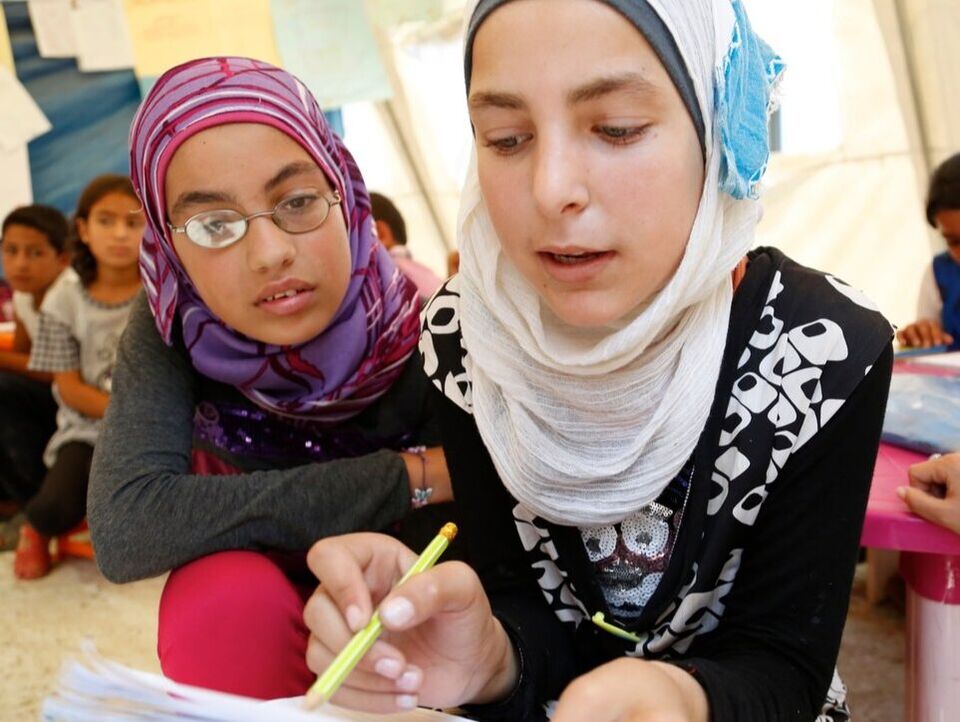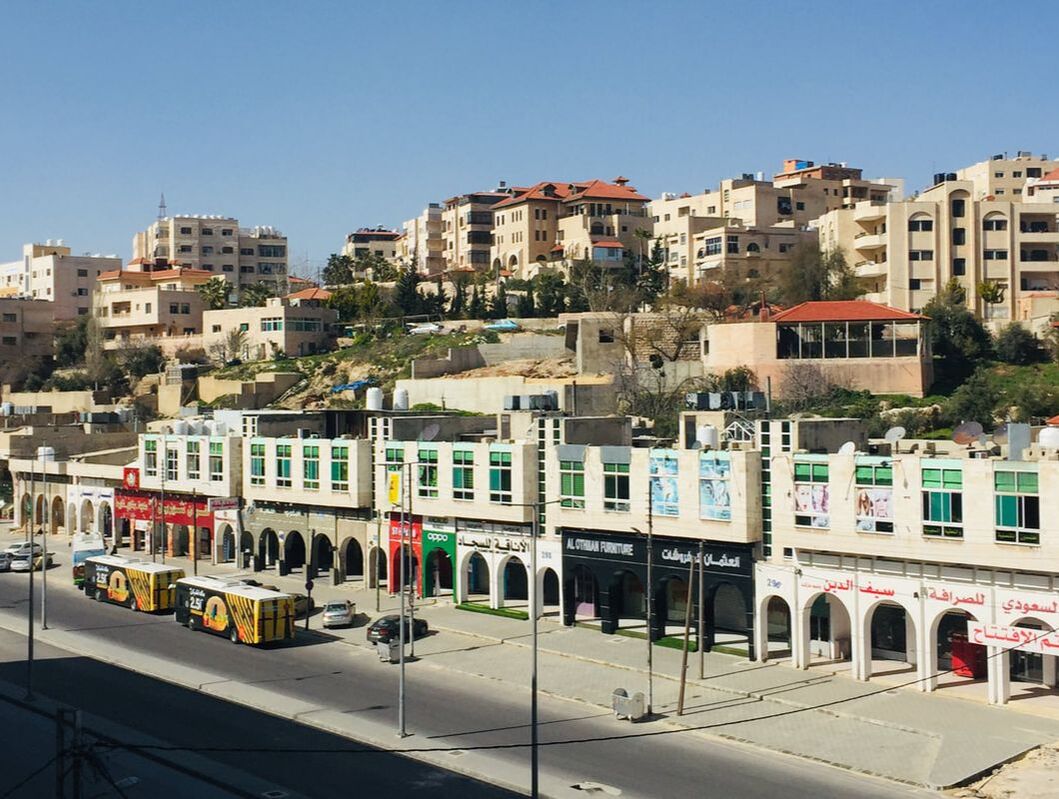|
Mehr Mumtaz, Ohio State University, USA
COVID-19 has not affected all communities equally, and within the United States, racial and ethnic minority groups have been disproportionately affected by the virus. Reports indicate that immigrants and refugees, who constitute a large portion of the minority frontline workforce in healthcare, agriculture, and food supply chain industry, are at a higher risk of exposure to the virus. Although media and scholarship have hitherto focused on the public forms of marginalisation experienced by immigrant and refugee workers amidst the pandemic, such as their exclusion from healthcare coverage and financial relief measures, less attention has been paid to how the pandemic has reverberated along multiple dimensions of their private lives and domestic households. Within this group of people, refugee women face unique implications within complex systems of racial, cultural, national, religious, gender and class-based inequality in the country, and broader structures of gender inequality have especially exacerbated the vulnerability of refugee women and their families during the COVID-19 crisis. Refugee women in the United States typically work in client-facing low-wage jobs, which has threatened their paid employment due to closures of businesses in the country.
0 Comments
Cevdet Acu, University of Exeter, UK
While the coronavirus has spread indiscriminately across the world, the negative effects have been felt differently, as COVID-19 has amplified conditions for some of the most vulnerable groups which, in Jordan, are mainly undocumented immigrant workers. Workers can lose legal status when they leave a permitted job for one in an underground economy, or become irregular workers because their visas allow residence but not employment. Undocumented workers are not fully protected by the legal regulations and are frequently exploited by employers through wage theft, sexual harassment and unsafe working environments. Unfair treatment such as low pay, inhumane work hours and denied payment for working overtime are regular occurrences in their lives, but beyond this, undocumented workers must now grapple with fears of transmitting COVID-19 and the restrictions that have come with it.
|
Identities COVID-19 Blog SeriesExplore expert commentaries curated by Identities surrounding COVID-19 and displaced migration, nationhood and citizenship, and more. Blog Categories
All
|
Explore Identities at tandfonline.com/GIDE |
|
The views and opinions expressed on The Identities Blog are solely those of the original blog post authors, and not of the journal, Taylor & Francis Group or the University of Glasgow.


